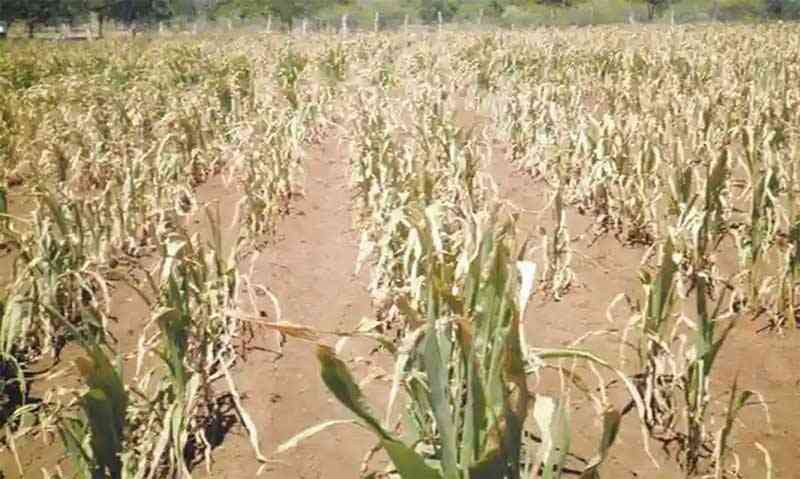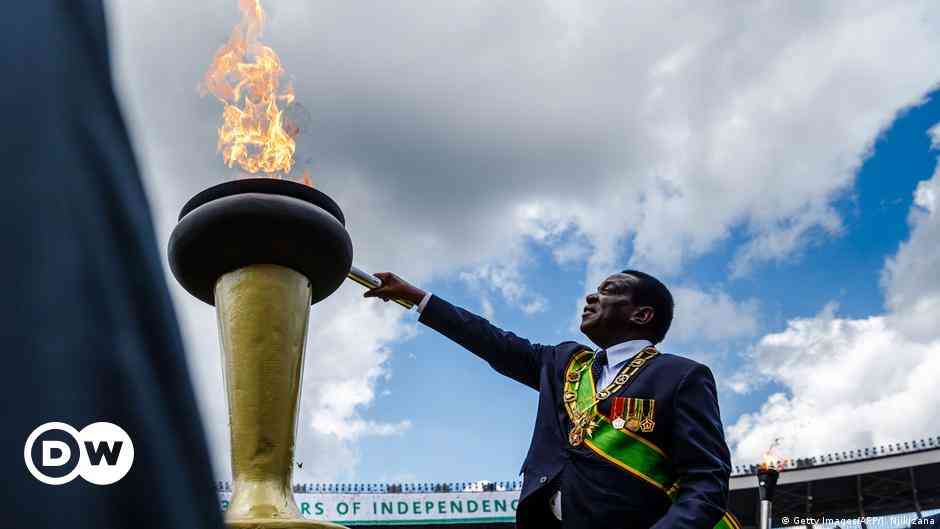
This past Monday, Environment and Natural Resources minister Francis Nhema discussed his experiences at the Joint Command and Staff Course Number 26 at the Zimbabwe Staff College in Harare.
View Point with Wisdom Mdzungairi
He shared his insights with senior army officers attending a course on the holistic approach needed in dealing with environmental challenges being experienced in the country such as deforestation, poaching, land degradation and pollution.
Despite coming from opposite sides of the partisan divide, they echoed the consensus of policy wonks that the range of difference between plain politicians and soldiers policy agendas is actually very narrow.
Nhema seemed to advise that President Robert Mugabe, Prime Minister Morgan Tsvangirai and the Army should resist getting so absorbed in managing current crises as to neglect taking measures to forestall the development of future conflicts.
He didn’t quite go into specifics, although I have a feeling that he would or wouldn’t agree with me on climate change being a top national security concern.
Climate change — the most pressing issue facing the world, Zimbabwe and our generation — does not seem a hot enough topic to be addressed by politicians across the political divide.
“Security analysts and academics have warned for some time that climate change threatens water and food security and the allocation of resources which in turn could increase forced migration, raise tension and trigger conflict,”he said.
- Chamisa under fire over US$120K donation
- Mavhunga puts DeMbare into Chibuku quarterfinals
- Pension funds bet on Cabora Bassa oilfields
- Councils defy govt fire tender directive
Keep Reading
“Let me emphasise that African governments and security forces in particular will need to manage these impacts to ensure that competition for resources does not lead to violent conflict.”
The United States military for instance, has in recent years pulled far ahead of its government in renewable energy investments, committing to incorporate solar, wind, biomass and geothermal power into its energy profile by 2025. In 2010, the Pentagon’s Quadrennial Defense Review described global warming as a destabilising force. The US Department of Defence didn’t quite consider it a cause of conflict yet, but rather a catalyst of conflict.
Resource wars are certainly not a historical novelty, but climate change’s interference in the harnessing or cultivating of resources will create a pressure cooker for conflicts over food, water and energy.
By 2030, the US National Intelligence Council, a government agency, predicts that nearly half of the world’s population will live in areas of severe water stress. Unfortunately, if climate predictions have been any indication, projections — especially government-sanctioned ones — are usually far too conservative to allow for effective policies.
In Africa — Zimbabwe in particular — we are hardly immune to resource-related security vulnerabilities.
The growing number of extreme weather events, including storms, poor harvests, wildfires and flooding, have incurred for industry and government staggering costs in lost operation time and recovery efforts.
This season’s drought and record-breaking heat wave decimated all hopes of good harvests as they left farmers and policymakers, both domestic and international, with a range of problems –food security, loss of profit and impact on the various industries dependent on maize.
There is an additional way in which national security and climate change needs to be considered. As resources have become depleted due to increased consumption and population growth, we are frantically scouring the globe to secure access to energy, minerals and land.
China, a country that the US has a sensitive relationship with, has vied for Canadian tar sands oil, an array of mineral resources ranging from gold to diamonds in Zimbabwe, oil in Angola, DRC and Great Lakes region. China has also expressed interest in developing Greenland’s rare earth metals and acquired agricultural land leases in Africa put its economic trajectory on amassing cheap resources from the black continent.
In all these cases, the resource bidding war privileges countries with political or economic advantages and deprives the people living in countries with resources to exploit. The conflicts that are going to spring up will either force the US to consider an intervention or directly pit the US against another world power.
Hence the security forces have a role to play in the management of each country’s resources, protecting them from plunderers. It is clear that the environmental challenges that Zimbabwe is facing have got a bearing on the security situation over and above the socio economic situation.
Nhema firmly believed (he said it) that our sovereignty as a country was compromised if these environmental challenges were not addressed. It is therefore time to bring climate change into the National security conversation so that we sustainably utilise “our resources.”











